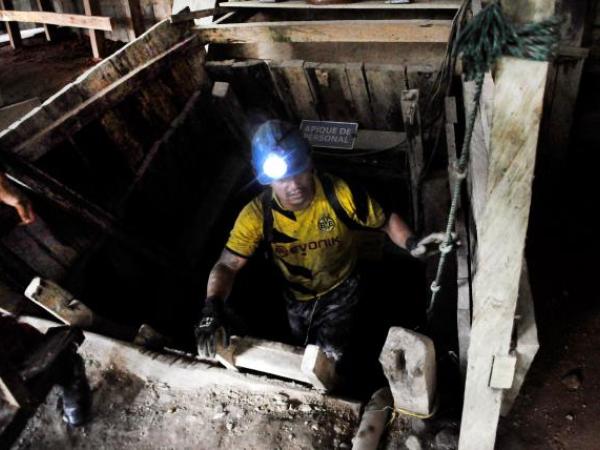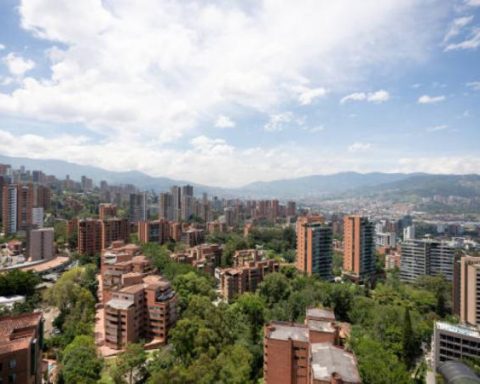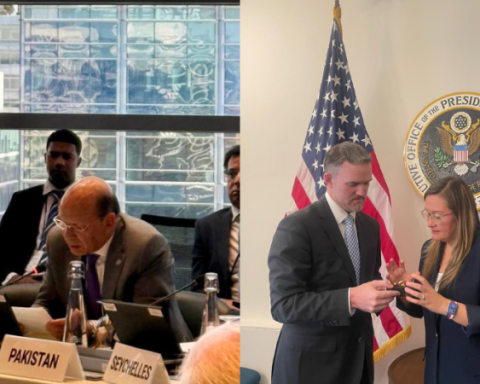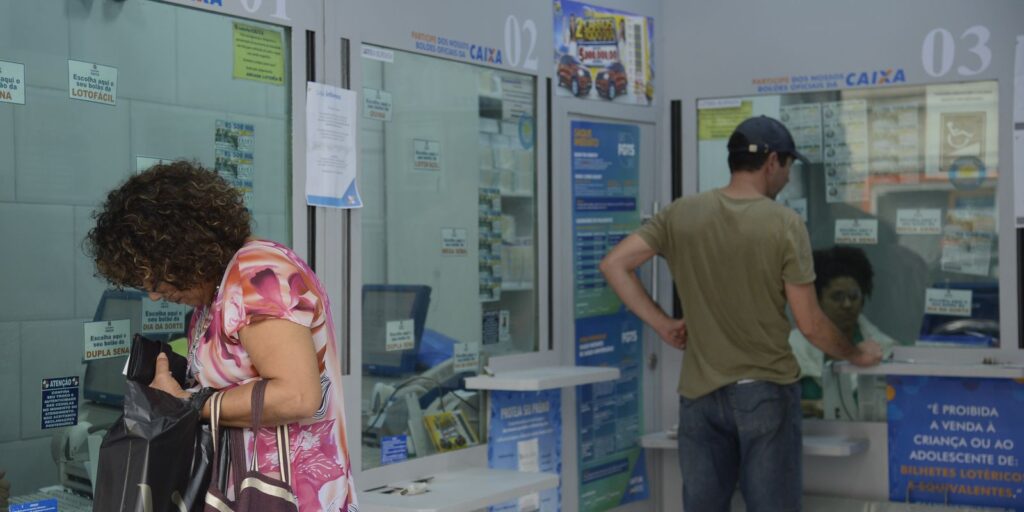
Two out of three Colombians welcome the development of mining activity in the country. This could be one of the main conclusions derived from the study on the level of social acceptance of the extractive operation in the region, and carried out by Brújula Minera.
(In the country, 700 thousand tons of LPG are consumed per year).
The research, which was carried out by the firm Jaime Arteaga & Asociados (JA&A) and which was presented within the framework of the second Latin American Mining Meeting (ELAMI), made it possible to measure the perceptions, concerns and expectations regarding mining of the inhabitants of eight countries of the neighborhood: Mexico, Colombia, Peru, Ecuador, Bolivia, Brazil, Chile and Argentina.
“Since 2021, Brújula Minera LATAM has monitored how perceptions of mining have evolved in Latin America, in dimensions such as the appreciation and importance of the industry in the countries of the study, the conflict around the sector and social license”, highlights a statement from the firm JA&A.
(Energy and more investment, axes of the ‘Fico’ government plan).
By 2022, the study found that the perception gaps between the countries of the region remain: while in countries such as Chile, Peru, Bolivia more than 70% of citizens consider that mining is positive for the countryin Argentina, Ecuador and Brazil this proportion is below 60%.
For its part, Colombia is at the same level as Mexico and Brazil in terms of acceptance of extractive activity.
Likewise, there is evidence of strong criticism regarding the management of mining companies. At the regional level, less than 30% of citizens consider that mining companies are committed to the progress of communities, are respectful of local customs and have open channels for dialogue and communication.
“The foregoing allows us to explain the levels of confidence of the inhabitants of these countries in the companies of the sector”, indicates the press release.
In all cases -says the study-, the information provided by the companies in the sector is not perceived as credible, and those who claim to have confidence in the mining companies does not exceed 33%.
OTHER CONCLUSIONS
Another of the results of the Brújula Minera study that stands out is related to extractive activity itself and whether it is necessary for modern life, and in this case in Peru, Chile, Colombia, Mexico and Brazil, more than 60% of those surveyed by country stated that it was of vital importance.
(Producer Price Index rose 3.79% in March).
Likewise, they were asked if they agree that the rulers should support the mining sector to favor the energy transition, to which more than 55% of people in Colombia, Peru, Mexico, Bolivia and Chile responded affirmatively.
And to the question: what do you think is the main reason for conflicts between communities and mining companies? 31% indicated that there is a concern about the impact on the environment, 27% that there are organizations that want to take political and economic advantage; 13% that the corrupt steal the money left by the mining activity; 10% that there is confusion between legal and illegal mining; 7% due to conflicts over land, and 2% due to discomfort arising from the deterioration of the social fabric.
Regarding whether people agree that it is possible to carry out socially responsible mining, the Brújula Minera study concluded that 80% of Peruvians answered positively, and in the same sense in Colombia it was 77% of the surveyed, in Chile it was 75%, in Bolivia 73%, Ecuador 64%, Mexico 60%, Brazil 53% and Argentina 48%.
Furthermore, when asked if people agree that it is possible to make mining more friendly to the environment; in Peru, 80% of those questioned answered yes, 76% did so in Colombia, 69% in Chile and Bolivia (separately), 64% in Ecuador, 59% in Mexico, 58% in Brazil and 44% in Argentina.
Also, regarding the vision of whether mining companies, operating in their respective regions, are a source of employment, in Chile 80% of those surveyed answered affirmatively, 79% did so in Peru, 76% in Colombia, 74% in Bolivia, 69% in Mexico, 66% in Brazil, 65% in Argentina, and 50% in Ecuador.
SOCIAL IMPORTANCE
For the mining entities of some of the countries in which the survey was developed, collaboration between nations is important to accompany and promote the extractive industry.
For the president of the Argentine Chamber of Mining Entrepreneurs (CAEM), Franco Mignacco, the relevance “of the moment in which we live” should be highlighted, where the region arrives investment due to increased demand of the different minerals that are part of the new energy technologies”.
And as Mignacco added, “beyond the different mining realities and the different contexts, the change in the energy paradigm adds challenges and at the same time opens up an enormous possibility for Latin American mining, and in the face of this situation we have to be prepared, and here they meet standards such as the HMS (TSM) and all those procedures to guarantee transparency play a fundamental role”.
He also highlighted the role of communication towards society, to have the necessary social license for the sector, which in turn results in growth of the industry and a positive economic impact for the countries.
ALFONSO LOPEZ SUAREZ
BRIEFCASE

















